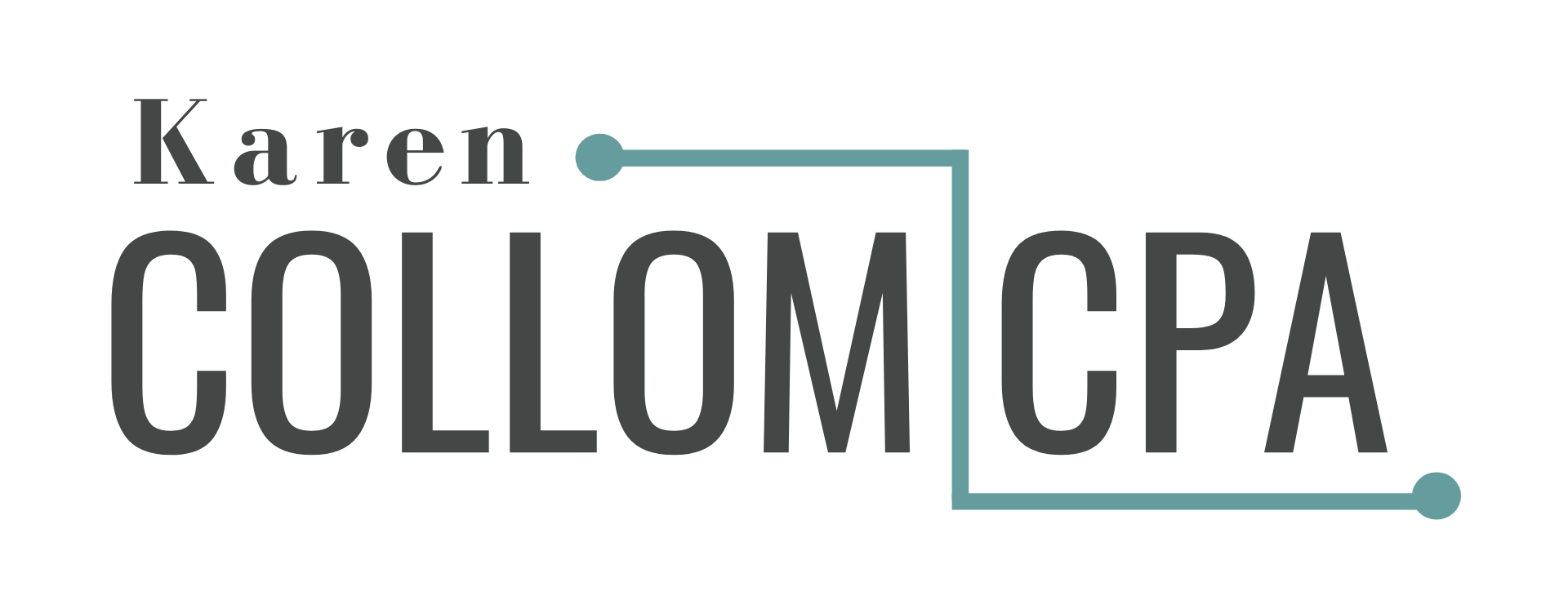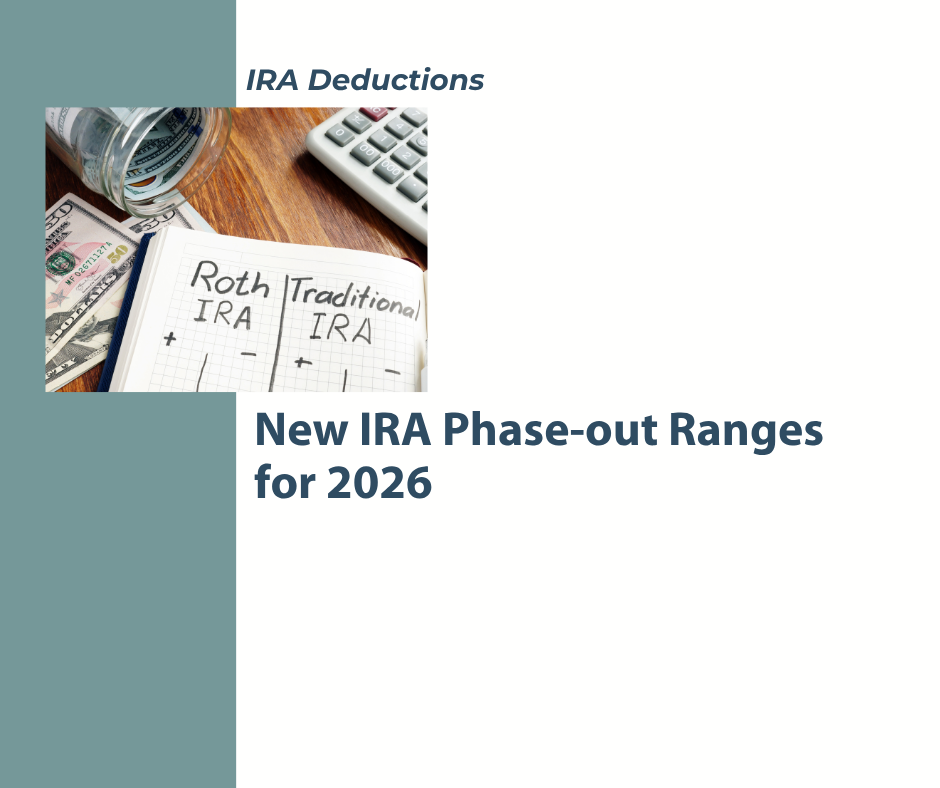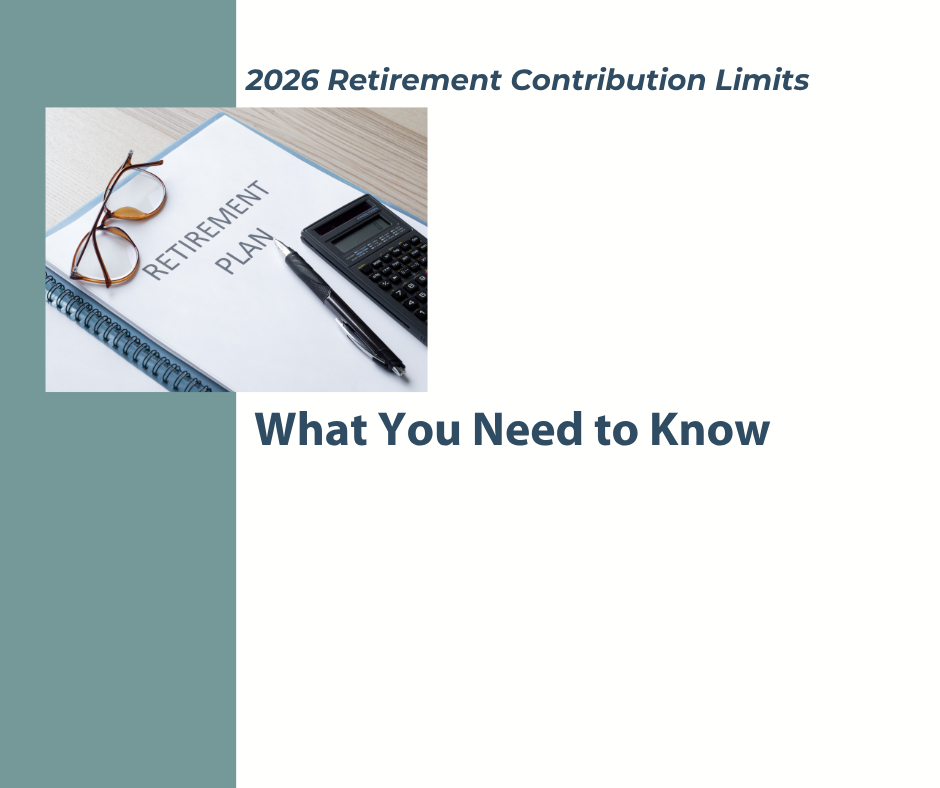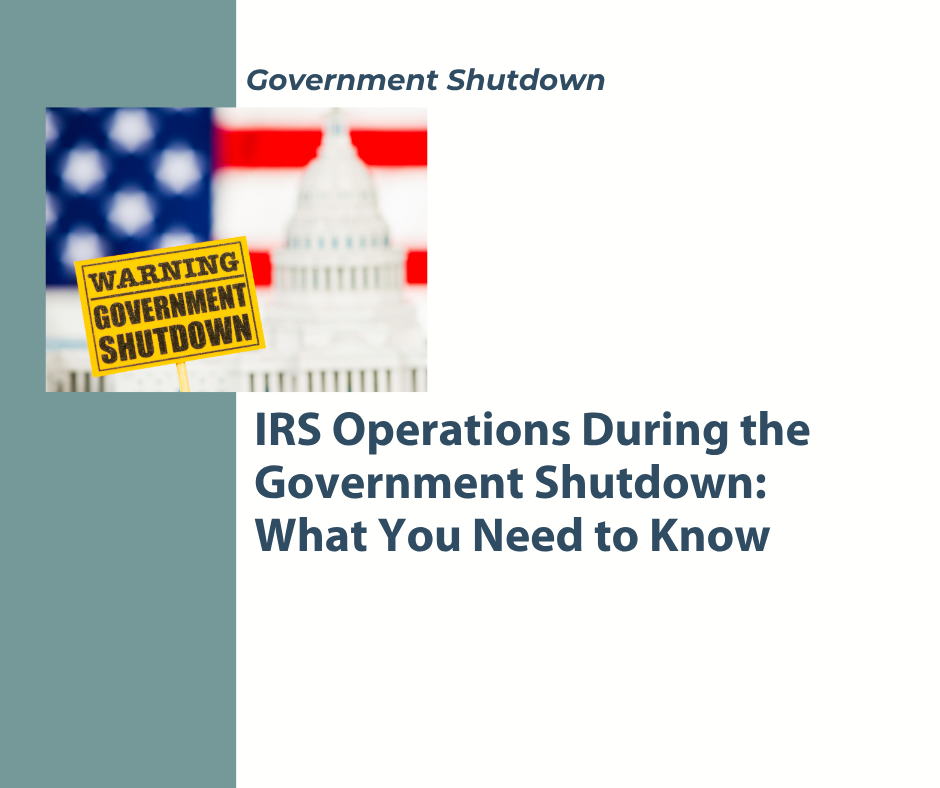How Much Can You Earn and Still Pay $0 in Capital Gains Tax in 2026?
Capital Gains Tax Changes in 2026
The IRS recently announced adjustments to capital gains tax brackets for 2026, and there’s good news for investors and retirees alike: you may be able to earn more — and still pay zero federal tax on your long-term capital gains.
At Barklee Financial Group (formerly Karen Collom, CPA), we keep a close eye on changes like this so our clients can plan ahead, minimize tax exposure, and make informed decisions that support their long-term financial goals.
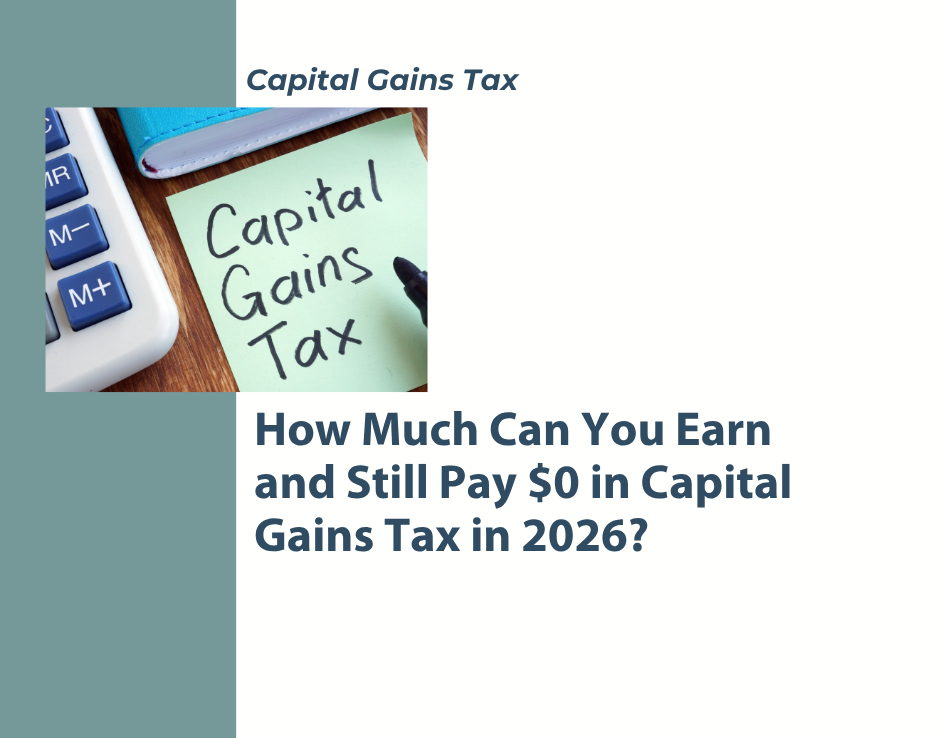
What are Capital Gains Taxes?
When you sell an investment — such as stocks, real estate, or other appreciated assets — the profit is called a capital gain. If you held the asset for more than a year, it’s classified as a long-term capital gain, which is typically taxed at a lower rate than ordinary income.
The IRS uses a tiered system for these gains — 0%, 15%, and 20% — depending on your taxable income. The lowest bracket allows certain taxpayers to pay no federal tax at all on their long-term gains. For 2026, that bracket is expanding.
2026 Capital Gains Brackets: What’s Changing
Inflation adjustments and phaseouts from prior tax legislation mean the 0% capital gains bracket will rise in 2026. Based on current IRS projections:
- Single filers: Up to $49,450 in taxable income
- Married filing jointly: Up to $98,900
- Head of household: Around $66,200
If individual filers earn $545,500 or less, they qualify for the 15% rate. If married joint filers earn less than $613,700, then they qualify for the 15% rate. If individual or joint filers exceed those amounts, they will owe 20% on gains.
The new rates apply for investments you sell in the next calendar year (2026). If your taxable income — including wages, interest, and gains — stays below these thresholds, your long-term capital gains could be entirely tax-free at the federal level. Remember that taxable income is what’s left after deductions, credits, and adjustments — not your total earnings.
At Barklee Financial Group, we help clients navigate evolving tax laws with confidence. Our team monitors annual IRS updates, reviews your total financial picture, and helps you build a proactive plan — one that keeps more of your money working for your future.
Learn More at the Barklee Financial Group
Learn More at the Barklee Financial Group
